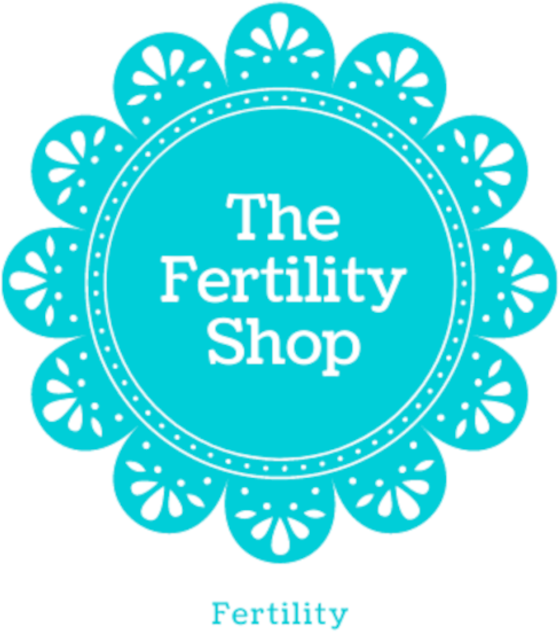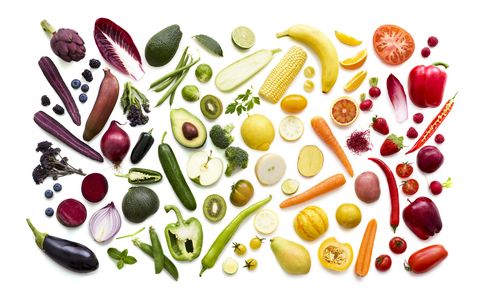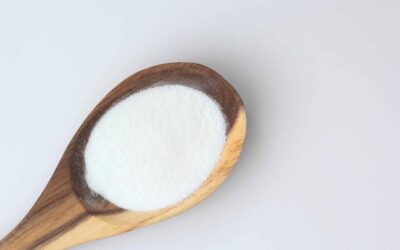Making positive changes to your diet can influence your symptoms and help you to strengthen your body for surgery and the recovery. Eating well with endometriosis also supports your energy, sleep, mood and your ability to juggle a busy life or stress.
BY OUR FOUNDER & FORMULATOR, HENRIETTA NORTON
1. Eat Colour
Research shows women who ate green vegetables around twice a day were 70% less likely to have endometriosis. A published study concluded that Carotenoid rich foods (such as citrus fruit) also positively affected symptoms of endometriosis. This is because these types of vegetables are rich in antioxidants that support the immune system and management of an inflammatory condition. A great way to increase your vegetable intake is through smoothies, juicing or soups.
2. Befriend your gut
Oestrogen helps to drive endometriosis and excess levels may worsen the condition. Beneficial gut bacteria can reduce the production of beta-glucuronidase, an enzyme that remakes oestrogen in the gut. If you can tolerate dairy, incorporate ‘live’ yogurt to your diet a few days a week. Fermented foods such as sauerkraut or kefir are excellent sources of beneficial bacteria too or take a probiotic supplement (min. 10 billion CFU). However, if you suffer from digestive upset or bloating when you eat fermented foods or dairy – we recommend avoiding those foods and check with our Nutrition team before starting to use a probiotic.
3. Fats are essential
Essential fats found in nuts, seeds and oily fish can reduce inflammation associated with endometriosis. Use of essential fatty acids are blocked by processed oils and margarines, as well as white flour, sugar, excessive animal fats, alcohol, poor nutrition and stress. Keeping these to a minimum is vital to reduce inflammation. We especially recommend increasing oily fish intake or supplementing with our Omega 3 if you don’t love eating fish. Avocados are also a great source of essential fat and have the added benefit of being rich in Vitamin E, a key nutrient to intake if you have endometriosis.

4. Consider gluten
More recently, research that has categorised endometriosis as an auto-immune condition, has documented an improved response in those following a gluten-free diet; 75% of participants found a significant decrease in symptoms when following a gluten free diet over 12 months. Gluten can also negatively affect other health conditions that those with endometriosis can commonly experience – such as thyroid autoimmunity disease called Hashimoto’s’.
5. More fibre for Hormone Balance
Increasing your fibre intake is important for regular bowel movement and balancing oestrogen levels. This means including more vegetables, wholegrains and pulses in your diet. If pulses make you feel bloated – try fibre rich foods such cruciferous vegetables. Cruciferous vegetables includes broccoli, cauliflower, brussel sprouts and cabbage, and are special as they contain a natural compound called Indole-3-carbinol (I3C). This compound supports liver detoxification and the necessary elimination of oestrogen metabolites.
Guest Blog by Wild Nutrition






0 Comments